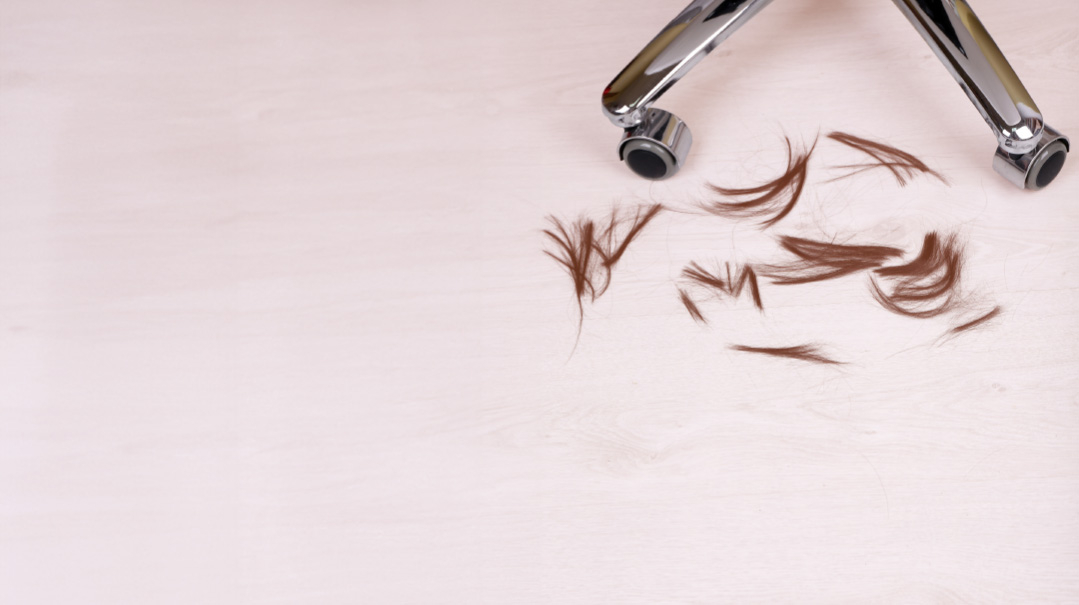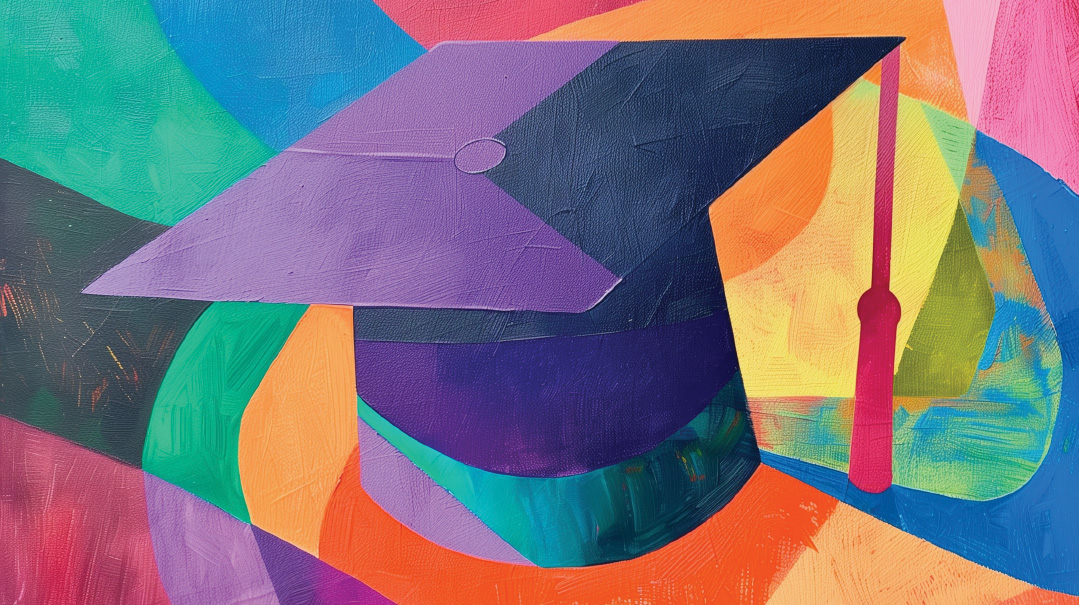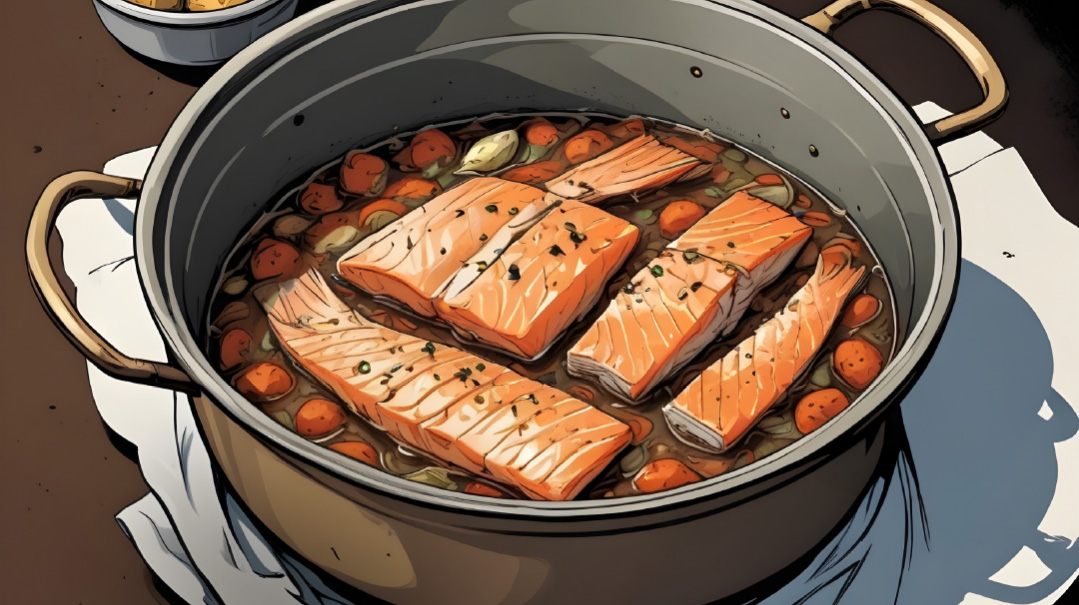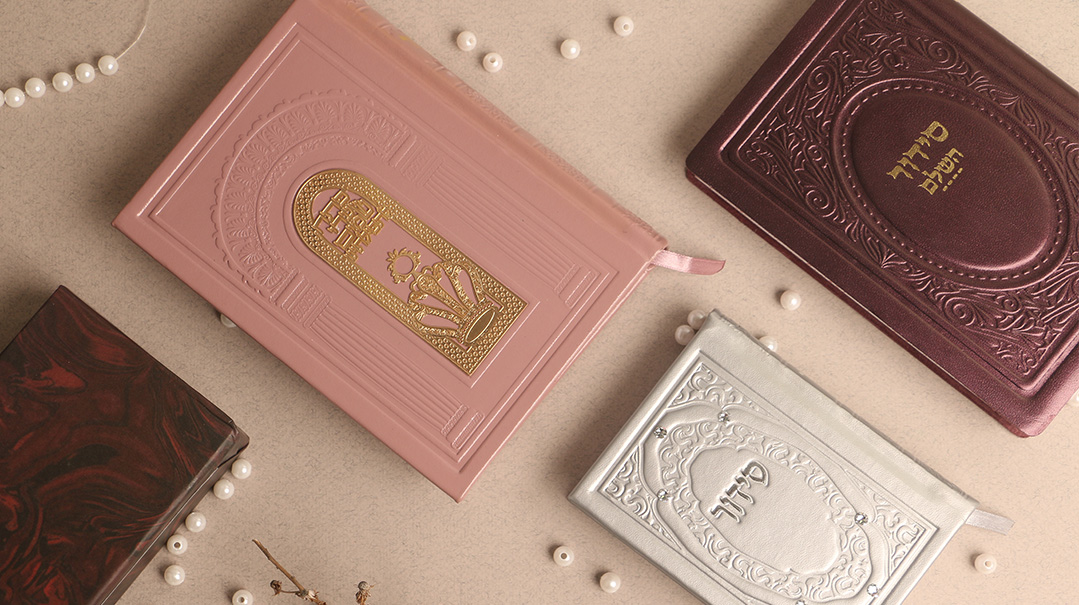Mommy’s Box
| August 22, 2023Exploring this box of memorabilia is both therapeutic and crushing at the same time
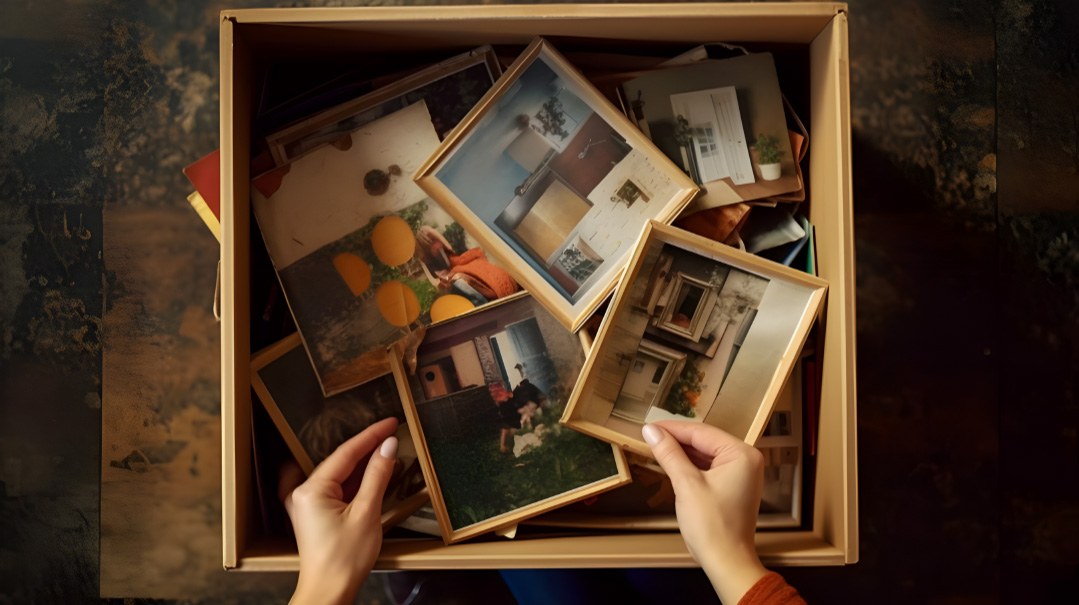
I
am 44 years old, and I have just opened the box holding pieces of my mother’s life.
There is no order to the stuff I find. I get a glimpse of her childhood, turning the pages of a scrapbook she put together as a teenager. The pages are yellowed and no longer sticky. I see her report cards, her principal’s letter of recommendation to seminaries in Eretz Yisrael. There is her second-grade class picture with Mrs. McAllister, and her seventh-grade class picture with Mrs. Werner.
The baby milestones book her mother prepared for her is in this box, too, and I flip through it hungrily. I never knew that my mother weighed 7.5 pounds at birth and that she began eating solids at four months.
I read the birthday cards her family wrote her throughout the years, pulsing with good-natured sibling rivalry and affection. In the card her younger brother wrote to her when he was in fifth grade, he refers to her as “the queen of our family.” The typewritten speech she delivered at her graduation as class representative is folded over, and her yearbook is autographed by friends wishing her the best that life has to offer.
There are other pictures as well. My parents’ wedding photo is tucked randomly into an envelope, and I see a picture of my mother’s bubby and zeidy. There is a snapshot of friends, my mother standing in front of the Kosel, a newspaper clipping announcing a new position my father accepted in his company. Slices of my mother’s life are placed in this box, and I ache for more of these glimpses into who my mother was before I even knew her.
There are the lessons she prepared for her classes, songs and plays she wrote, poems she authored. They are handwritten, copied on a Ditto machine, and the ink is blue. One poem is scribbled on the back of a manilla envelope.
There are notebooks filled with divrei Torah that inspired her, and chatty letters from cousins in Israel in response to the letters she wrote them. In all of them, my mother writes about her young children and their milestones. Haddassah turned over! Betzalel started first grade! Dena walked! She is a young mother reveling in her children’s accomplishments.
At the bottom of the box are get-well cards. Cousins wishing her a speedy recovery, a thank-you card to her parents for hosting them in the summer and giving our family a great vacation. She apologizes to her mother that she couldn’t help out more before signing off with a heartfelt tefillah that Hashem should soon send a cure and she should only share good news with the entire family.
There is the letter to the community asking them to join in a tzedakah project as a zechus for all who need yeshuos. There is an envelope with the list for the Tehillim chain call, a citywide initiative spearheaded by my mother to connect all the women in the community in reciting Tehillim for cholim. My mother’s handwriting on that note is weak.
My eyes blur when I see the letter I wrote to my mother when I was 12 years old, and she was already in a coma in the hospital. I wrote that I hoped she would come home soon. It was more like a plea. That was one letter my mother never saw.
The sheer number of nichum aveilim cards are overwhelming, though this is the first time I’m reading these notes. My father must have felt we were too young. Now I’m just so grateful that he saved them so I can read them now.
There is a note from my mother’s oncologist expressing the inspiration he got from my mother’s courage throughout her suffering. He writes that her faith was rock solid. There are letters from old students and kallos she taught, sharing how she impacted their life. Many of them mention her sensitivity as a teacher and her clarity in Yiddishkeit. I read about her chavivus hamitzvos, her ahavas Hashem, her desire for growth, her ability to connect with people from all walks of life.
One letter is from an old friend of my mother’s, written during the shivah to my sister and me. She writes how my mother was so proud of us and loved us more than anything. I read that letter four times before putting it down.
There is a note from our non-Jewish neighbor written on a paper ripped from a legal pad. It is filled with sorrow for our loss and awe at my mother’s gratitude for the one time he drove my parents to the hospital on Shabbos. He writes that he was embarrassed at how appreciative she always was for the very small favor he did. His sincere empathy to my father who became a widower when he was 42 years old is heartwarming. I read of the respect he had for us as a family and I am awed by the kiddush Hashem that my mother made.
There are the index cards upon which my father wrote the thoughts he wanted to say at my mother’s levayah. There are the pictures drawn by my grandmother’s students to “Morah’s grandchildren.” All I see in those childish illustrations is the deep pain of a mother who lost her daughter too young. My grandmother tried to channel her grief and share her intense feelings with those around her. I am seeing these letters and sensing these feelings, this sadness, for the first time.
Exploring this box of memorabilia is both therapeutic and crushing at the same time. It gives me the opportunity to grieve now as an adult. I am sad for a life cut short, for a life that held such hope, for an entire world lost. I am grieving for the fact that I never had a chance to know my mother as an adult. I am mourning the many aspects and components of my mother that I never had a chance to appreciate.
Perhaps even more importantly, the box gives me the chance to see my mother as a real person who loved and was loved, who struggled and cried and lived a vibrant life.
I am 44 years old, and I’ve just been introduced to my mother.
(Originally featured in Family First, Issue 857)
Oops! We could not locate your form.

